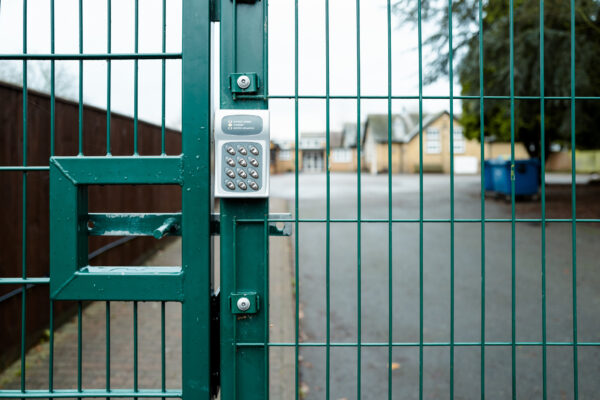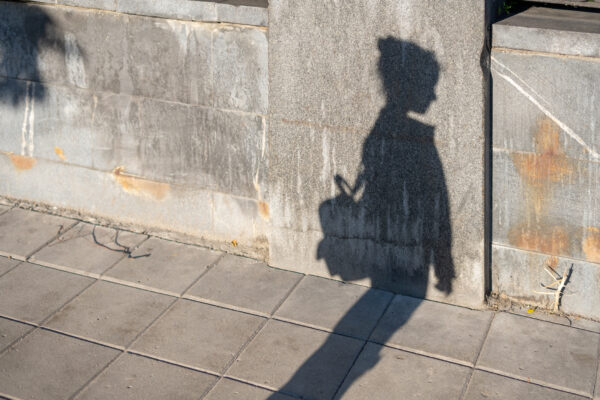

The use of social media has had positive effects on the relationships between educational institutions and parents or guardians.
Indeed, schools often use social media to engage parents or guardians and distribute information to them. It is therefore unsurprising that some disgruntled parents and guardians have turned to social networking sites to express negative remarks and make complaints about schools, staff members, and even students.
However, posting such remarks and complaints online as well as private channels like WhatsApp groups can adversely impact parent-teacher relationships and unfairly affect the reputation of schools, staff members, and children. It can also lead to the targeting of the subject of those posts. It is therefore crucial that schools take a proactive approach to dealing with inappropriate social media use effectively and promptly.
We have outlined below the steps a school can take to minimise and deal with these.
Acceptable use agreements
You should enter into acceptable use agreements with parents or guardians. These set out clear guidelines on how parents and guardians should use social media, communications channels, or other internet forums when communicating with or about your school, staff members and students.
These agreements can clearly set out the behaviour and conduct the school will not tolerated and can be drafted to cover school and personal social media accounts and channels.
Parent code of conduct
You could also adopt a parent code of conduct, which will enable parents or guardians to fully understand the schools’ expectations on their conduct, not just during school events or within school premises but whenever they communicate on social media, forums and channels about the school, staff members and students.
The code should express the consequences of failing to comply with its provisions subject to the severity of the incident. Such consequences could include a warning, removal of access to the school’s social media account, restricting access to school’s premises or school-sponsored events.
Publication complaints-handling policy
As those who misuse social media are largely frustrated about specific incidents, you should ensure your complaints-handling policy and procedure is clear and accessible. This will help ensure those with genuine concerns know how to appropriately raise any issues with you.
You can make the policy accessible on your website but you should also draw parents’ attention to it via newsletters or at parent-teacher conferences. Staff members should be well-versed in the policy and have time to discuss it with parents.
Addressing specific incidents
Each incident should be addressed promptly and on a case-by-case basis.
Crucially, confirm what has been posted by gathering evidence (screenshots, photos, names of those involved, and dates and times). Where posts are made in closed or private groups, you could still ascertain its members and “administrators” if you need access.
Next, communicate and support those affected. Where hurtful or distressing comments are made about students, any potential safeguarding impact should be considered.
You can then send a letter to the parent or guardian who authored and/or published the post. The letter should explain the impact of their actions, ask them to remove immediately the offending post and to cease from making further similar posts. It should also refer to the school’s expectations, complaints-handling procedure, and contact person.
In many cases, a face-to-face meeting between parents or guardians and the school will be required. This is particularly so where correspondence will simply escalate the situation, often with the school’s letter becoming the focus of a new post.
You should also contact the social media platform where posts have been published. Offending posts can be ‘reported’ or flagged to the platform’s reviewers and, subject to their TCs, may be removed quickly.
Taking legal action
In the most serious cases, where a statement is defamatory or malicious, legal action should be considered.
A statement is defamatory if it is published to a third party i.e., in social media, online forum, or a WhatsApp group, and causes or is likely to cause serious harm to the reputation of the party identified in the statement. A statement would be malicious if it was untrue and published dishonestly.
Where statements are defamatory or malicious, issuing a cease-and-desist letter to the parent or guardian may be required. Such letter would demand that they remove the offending post and stop publishing further defamatory or malicious statements. It will put them on notice that the school may take legal action in respect of the statement.










